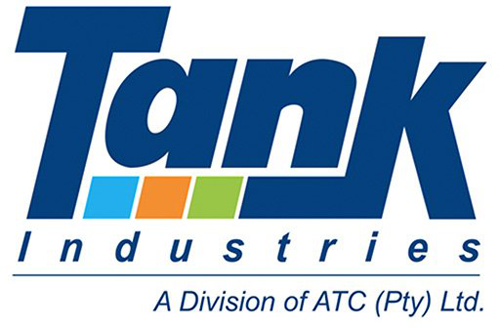Data Centre Development in Africa: Overcoming the continent’s challenges
Africa needs 700 data centres totalling 1,000MW to enable the spread of digital services across the continent, according to the Africa Data Centres Association. However, data centre development in Africa comes with a number of unique challenges such as lack of access to reliable power and connectivity as well as shortfalls in local construction expertise.
Powering the future
With Sub-Saharan Africa having an electrification rate of only 46%, not to mention frequent outages in some of the countries that do have power, for new data centres to succeed, they will need to generate their own energy sources. Fortunately, the continent is rich in renewable resources including wind, solar, hydro, and geothermal energy. At the same time, the costs of renewable energy technology are declining, making this a prudent investment and far more cost effective than running generators.
Additionally, as data centres are responsible for up to 3% of global electricity consumption today and this is expected to intensify in the coming years, new projects need to ensure energy efficiency and effective power usage. Doing so will reduce consumption, increase energy security and bring down carbon emissions by 98% if combined with renewable power.
Bringing Africa up to high speed
Currently, Africa has an internet penetration rate of 36%, compared to the 62.5% global average. Bridging the gap, however, requires investment. According to the World Bank, an investment of US$100 billion is needed in order for universal, good-quality internet access to be achieved across the continent. Eighty percent of this will go towards the roll out and maintenance of broadband networks which includes 250,000 new 4G base stations, at least 250,000 kilometres of fibre, and migration to 5G, which, in turn, will dramatically increase the need for data centres.
There are however positive shifts towards providing connectivity on the continent with Google bringing the Equiano Undersea Cable online and 5G licences being awarded to the likes of Vodacom, MTN, Rain, Telkom, Cell C and Liquid Telecom. But as this progress is quite slow, data centre developers could possibly opt for private 5G networks in future, with this now being tested by Japanese IT firm Fujitsu.
Constructing on the continent
Given that only a few data centres have been built in Africa relative to the rest of the world, it’s understandable that the skills required to build these projects might be lacking. This is why Tank Industries has partnered with R&M, a trusted supplier to data centre operators around the world, to design, build, and deliver ready-to-use infrastructure, ranging from fibre optic network cables, racks, and enclosures all the way through to digital infrastructure management. Now, Tank can support data centre projects of any category, size, and specification, while also meeting evolving IT needs.
While there might be some challenges, having the right partner who understands the intricacies of these and can provide the right solutions will go a long way towards overcoming them and realising the benefits of data centre development for the continent and its inhabitants. Not only do data centres create jobs but also act as an economic enabler for businesses by enhancing internet speeds and processing power. At the same time, they provide the foundations for the rest of the digital economy to develop which is set to add an extra $180 billion to the continent’s GDP by 2025.
Contact us if you would like to hear more about our data centre products.

